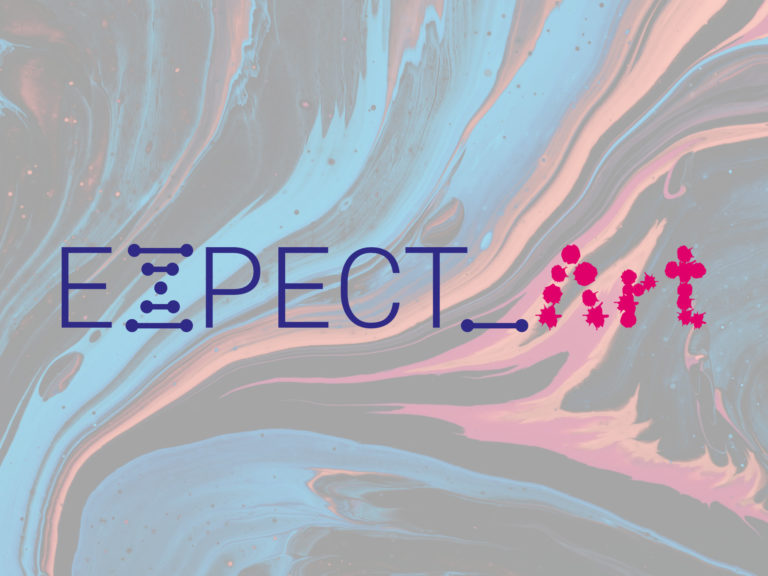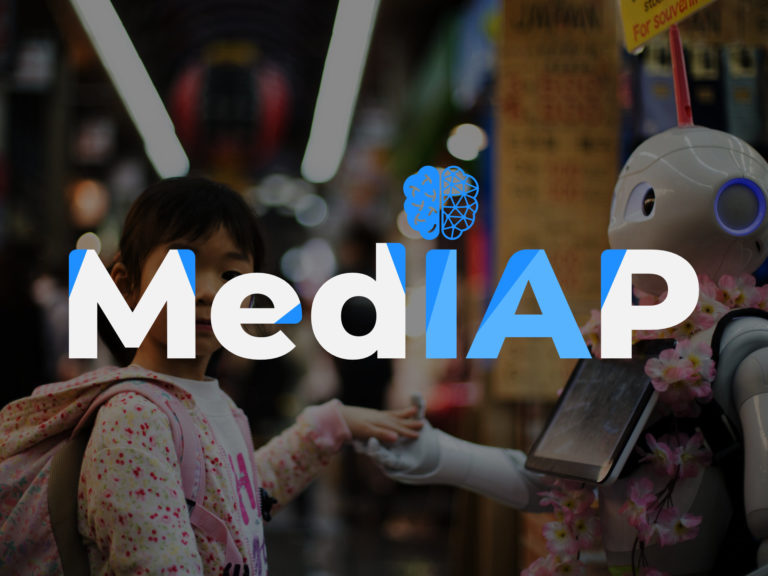Research on learning evidence related to the visual and digital skills, creativity, collaboration and self-reflection of the students from the generation of digital visual objects within a process of formative assessment. REDICE16-16010
Starting questions
This research is linked to the history of the teaching innovation group Indaga-t and tries to answer the following questions:
- What characterizes (what does it provide and what tensions does it generate) the implementation of DIY philosophy in the degrees of Education, Social Education, Teacher of primary education and Fine Arts from the contributions of the teachers and students involved.
- What evidences do the digital visual objects generated in two academic years provide regarding the learning of digital and visual competences, collaboration, creativity and self-reflection.
- What do the evidences analyzed on teacher learning taken from the teachers involved in the research tell us, and what impact does it have on teacher performance and the improvement of educational relations.
- What do digital visual objects teach us about how students learn in a changing and complex world.
We believe that to address these issues from a research process can help to:
- Achieve a higher level of consistency when fostering teaching innovation research proposals, degrees development and in the subjects in which members of Indaga-t participate.
- Share and extend this relationship between innovation and research in the context of teacher training in the university teaching contexts in which we are involved.
- Develop training proposals that include this evidence and develop complex and collaborative assessment systems that take into account the backgrounds, goals and learning strategies of the students.
- Advance on Indaga-t’s first objective: to contribute on the training of university graduates with a high degree of intellectual autonomy, capacity for teamwork and collaborative networks, creativity and willingness to take the risk continue learning throughout their personal and professional lives.
All this in order to provide teachers and students research-based evidence favoring the importance of creating learning experiences in which creating, learning and sharing learning paths collaboratively have a fundamental role.
Our ultimate aim is to determine, based on research on the contributions of the DIY philosophy to teaching and learning at the university, as this can contribute to the authorship, digital competence, creativity and Lifelong Learning students and teachers. Especially taking into account that this philosophy enables the development of three key skills to develop the studies offered by the UB.
Objectives
- To describe the processes of innovation related to the projects DIYLab (543177-LLP-1-2013-1-ES-KA3MP) and DIYUni (2014PID-UB / 075) from the systematic analysis of the evidence generated in two phases of these projects.
- To develop, implement and validate a strategy for analyzing digital visuals generated by students in two phases of the innovation projects.
- To describe the processes and contributions of teaching innovation projects based on the systematic analysis of the decision-making of participating teachers, found in the responses to the tracking questionnaires.
- To contrast the processes and results of the projects based on the content analysis of the contributions of students in discussion groups.
- To triangulate the processes and results derived from the research projects from the contrast between the results of the three sources of evidence indicated in objectives 2, 3 and 4.
- To generate contributions to teaching and teacher training of university teachers from contributions and tensions that arise when taking the DIY philosophy to practice in university teaching.
- To contribute to the training of university teachers participating in the project through the linkage between their teaching and research activities.
- To create a dissemination plan for the dissemination of processes and contributions arising from research.
Project development
- First phase of the research project (September-October 2016): Interviews with teachers to validate and complete the results section. Improvements. Presenting a paper at the ECER2016 conference on the innovation that bootstraps the research (August).
- Analysis of the VDO (September- December 2016). Application of the rubric to 76 digital visual objects contained in DIYHub (http://hub.diylab.eu/author/ub/).Validation process with faculty group investigates -t. Writing an article about the approach, the process and results of the analysis.
- Second phase of implementation and collection of evidence (2a) (February 2017-June 2017) Implementation of the DIY philosophy in 10 subjects of the degrees of Education, Social Education, Faculty of Education and Primary Education and Fine Arts. Incorporation of the contributions derived from the first phase.
- Second phase of implementation and collection of evidence (2b): (June-July, 2017). The teachers answer a questionnaire that has to account for their decisions and actions to implement the changes and the DIY philosophy with respect to the first phase. We do a thematic content analysis. Presenting a paper at the conference ECER2017.
- Second phase of implementation and collection of evidence (2c): (June, 2017). We conduct a discussion group with eight students from four courses to collect their experiences and assessments of the implementation process.We do a thematic content analysis. From this analysis and the one on the previous phase, we write an article for REIRE.
- Second generation of evidence and analysis of the VDO (September-November, 2017). Application of the rubric to the digital visual objects generated in the implementation of DIY philosophy in the second semester of 2106-17. Introduction of adjustments in the process of implementation DIYUni.
- Comparison between the two methods of evidence (December 2017-February 2018). As a result, we write an article for perhaps the Journal of Educational Technology Research and Development or the International Journal of Computer-Supported Collaborative Learning. Proposal for ECER2018 communication.
- Triangulation of analysis results with teachers and two student groups (marking April 2018). Presentation of a communication AERA2018.



